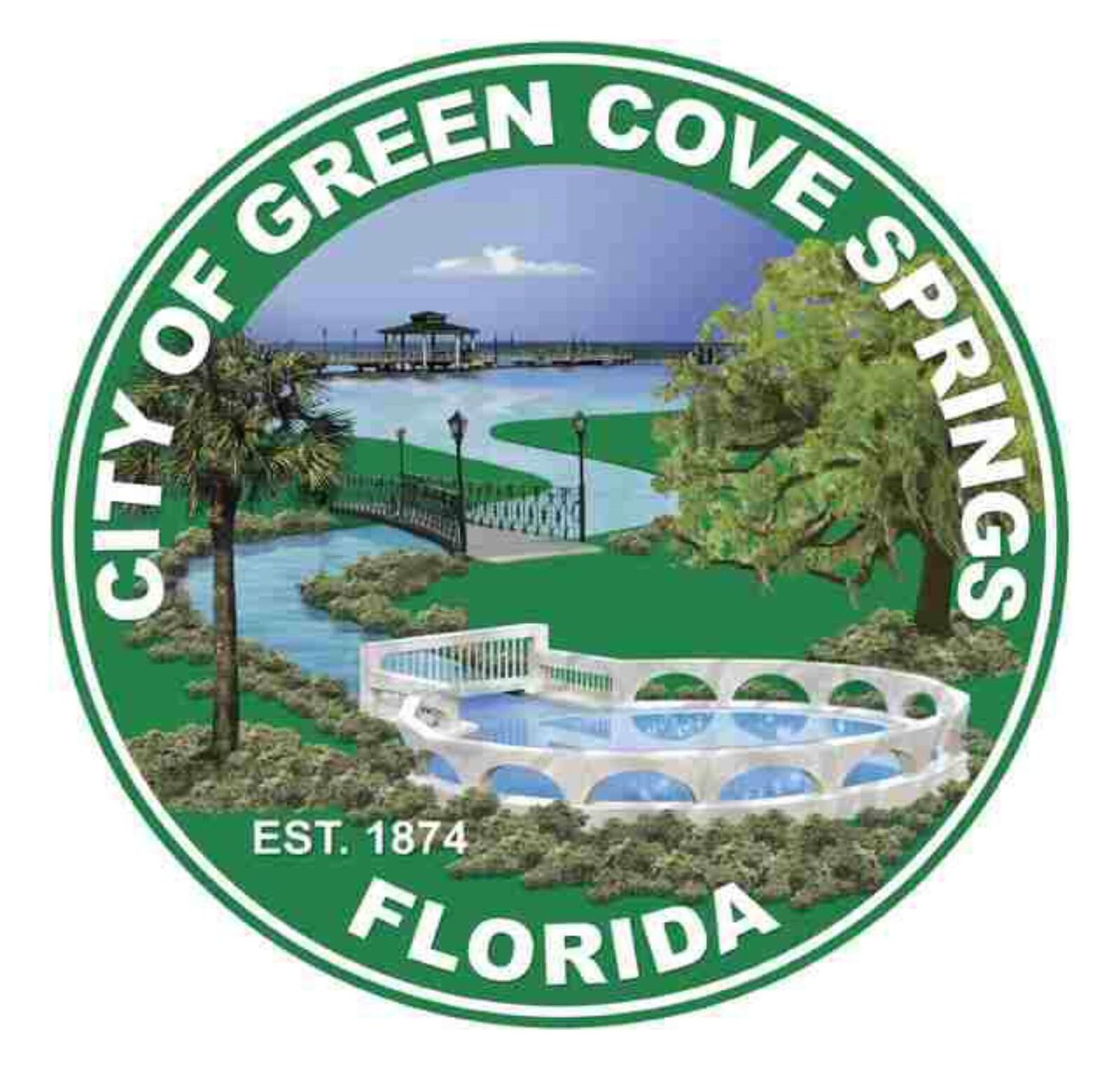Green Cove Springs approves lowering metering rates for solar power users
GREEN COVE SPRINGS – The city council approved an ordinance Tuesday night that could lead to a major impact on the future of clean energy in Florida.
Currently, homeowners who use solar power …
This item is available in full to subscribers.
Attention subscribers
To continue reading, you will need to either log in to your subscriber account, or purchase a new subscription.
If you are a current print subscriber, you can set up a free website account and connect your subscription to it by clicking here.
If you are a digital subscriber with an active, online-only subscription then you already have an account here. Just reset your password if you've not yet logged in to your account on this new site.
Otherwise, click here to view your options for subscribing.
Please log in to continueDon't have an ID?Print subscribersIf you're a print subscriber, but do not yet have an online account, click here to create one. Non-subscribersClick here to see your options for subscribing. Single day passYou also have the option of purchasing 24 hours of access, for $1.00. Click here to purchase a single day pass. |
Green Cove Springs approves lowering metering rates for solar power users
GREEN COVE SPRINGS – The city council approved an ordinance Tuesday night that could lead to a major impact on the future of clean energy in Florida.
Currently, homeowners who use solar power get a high net metering rate. Net metering is how much utility companies pay solar companies for excess energy cost generated. This excess energy typically goes back to the city to be used in other homes.
The change to the ordinance would lower the current net metering rate of eight cents per kWh to four cents per kWh. Since this rate is being lowered, advocates for clean energy are concerned the smaller net metering rate won’t be as big of an incentive for more people to buy solar panels.
Grayson Jones, a homeowner who advocates for solar panels, is concerned about how the change will impact the future of clean energy.
“Solar is incentivized at the federal level, the state level, the state requires public utilities to net meter at that rate but the local level and municipalities like this; they have the power just to take it away,” Jones said.
Bob Page, representative to FMPA's Board of Directors and Executive Committee, disagreed with Jones’ stance and believes solar incentives should be removed altogether. FMPA is responsible for providing electricity to roughly 2.6 million Floridians.
In a separate question, Page said the potentially damaging effects of solar power and renewable energy in general that people could often overlook.
“Solar and wind are not dense energy sources. They take up a lot of land to make that happen. People don’t want to talk about the environmental impacts of all the mining that goes on for raw materials such as lithium and the fossil fuels that have to be used to produce those [renewable] products,” Page said. “And no one is talking about what happens to those solar panels in 20 to 30 years of how those get recycled and how they’re going to harm the environment. We choose to turn a blind eye to some of those things.”
While the ordinance only affects Green Cove Springs, residents for clean energy are concerned it could have a domino effect across the state regarding whether residents choose to get solar panels. Although Green Cove Springs has simply lowered its net meter, other towns could start taking away incentives for purchasing renewable energy.
Meanwhile, the debate for fossil fuels vs. renewable energy continues.
In other business, the city council reached an agreement to lease classroom buildings from the August Savage Arts and Community Center to AMIkids Clay County, Inc.
A bid for $460,030 was approved to renovate ASACC classroom buildings 1, 2, 3, 4,11 and restrooms. AMIkids would pay back this amount over 10 years.
Council Member Connie Butler and the rest of the city council members are excited to see the renovation of the classrooms.
“This is going to make a big impact and the building is not just going to be sitting there, it’s going to be utilized and occupied,” Butler says.
Participants of AMIkids attended the meeting as well and were excited to get the city council on board with their plans for these classrooms.








